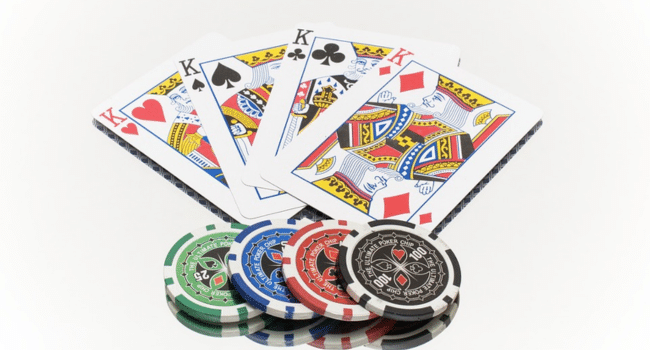Table of Contents
The bells and whistles of slot machines have long been engineered to deliver big dopamine hits. Bright lights, upbeat music, and the cascade of clinking coins tickle the brain’s pleasure centres, driving continued, risky play. However, in the modern, digital world, games at Slot Wolf Casino are no longer the only outlet gamblers have for dopamine release.
Meanwhile, social media platforms like Facebook, Instagram, and TikTok have introduced new avenues to trigger strong dopamine responses through the acquisition of likes, comments, and shares. This form of social approval lights up the same pathways in the brain as financial wins, leading to concerning correlations between social media engagement and disordered gambling habits.
Social Rewards Drive Risky Choices
Humans are hard-wired to seek social inclusion and approval from others. Our brains release dopamine and other feel-good chemicals when we experience positive social interactions. Social media creates endless opportunities to trigger these biochemical rewards through notifications, follows, likes, and comments. When users receive validating social feedback, they experience a neurochemical “high” akin to wins in gambling settings.
This similarity has dangerous implications. According to 2022 research from Brigham Young University, “neural and behavioural evidence suggests that the brain may not adequately distinguish between money and social rewards.” When social media approval is processed by the brain like a financial jackpot, it can drive continued, escalating social media use. Users compulsively chase the next big dopamine hit, much like a problematic gambler.
More Likes, More Bets
Multiple concerning studies have uncovered links between social media engagement and disordered gambling habits:
- A 2021 study of nearly 500 university students found that “problematic social media use significantly predicted problem gambling severity.” Researchers noted that restless, obsessive social media habits mirrored addictive online gambling behaviours.
- In a survey of over 1,700 gamblers, nearly 40% reported using social media while gambling online. These dual-tasking users displayed 65% more problematic gambling markers than gamblers not using social media.
- Analysis of thousands of online sports bettors revealed that accounts wagering while logged into Facebook displayed 22% more deposits and 36% higher betting volumes than non-Facebook accounts.
This data suggests that the quest for social rewards doesn’t just mirror gambling risks, but actively enables and escalates harmful gambling habits. The synergistic combination magnifies the dopamine rush and drives reckless betting choices.
Are Likes the New Jackpot Symbols?
Modern The Reviews Casino games have moved online and into smartphone apps, creating convenient, accessible avenues for compulsively chasing financial wins. Now, social media platforms like Facebook, Instagram, and TikTok have introduced endlessly scrolling feeds optimized to deliver regular social approval dopamine hits. These platforms act essentially as “digital slot machines” engineered to trigger biochemical reward responses.
Average Daily Social Media Usage
| Platform | Minutes Per Day |
| YouTube | 45 |
| 44 | |
| 31 | |
| TikTok | 28 |
Source: DataReportal 2022 Social Media Statistics
The lure of bright red notification dots and digitally accrued “likes” has created addictive platform usage habits mirrored in gambling disorders. When these digital slot machines operate side-by-side with online betting sites, the result can be a dangerous mix of two dopamine-hijacking forces.
One 2018 study found that nearly 70% of disordered gamblers engaged with social casino games, compared to only 37% of non-disordered gamblers. In other words, these free slots apps groom players for real money gambling while delivering powerful social approval rewards.
Moderating Engagement to Counter Feedback Loops
So, while further research should continue investigating these neurological and behavioural connections, individual users also have powers to reduce their susceptibility.
Setting boundaries around both gambling site access and social media engagement is key to mitigating obsession risk. Meanwhile, platforms blend personalized approval rushes with one-click access to betting, but conscious moderation habits can counteract addiction vulnerabilities. Just as gambling addicts can ban themselves from casinos, social media users can self-impose screen time limits, disable push notifications during work hours, or take periodic “digital detox” days to Reset overstimulated dopamine loops.
Read more on KulFiy
